This year, the 33rd Summer Olympic Games will emanate from the city of Paris in France between 26 July and 11 August – a century after it first welcomed the Games in 1924. Officially known as the Games of the XXXIII Olympiad, it will be the third Olympic Games that Paris will host and, in doing so, it will become only the second city to host the Games three times, the other being London. In another historic feat, this year also marks the first time Paris has hosted the Summer Paralympic Games, with the 17th edition of the event taking place from 28 August to 8 September.
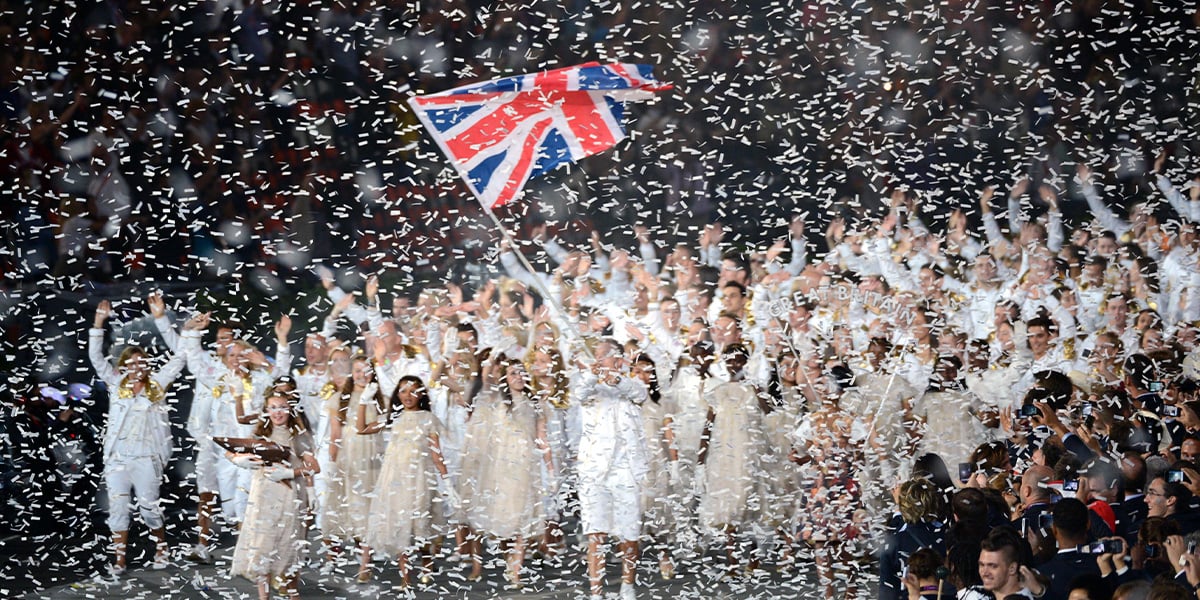
Team GB’s History in Paris
The year 1896 saw the re-establishment of the Olympic Games and in 1900, the second instalment of the modern Olympic Games took place in the French capital for the first time. At the Summer Games in 1900, Team GB achieved great success in various sporting events, taking home 15 gold medals, including golds for athletics, sailing, tennis, cricket and football. Their remarkable performance clinched Great Britain third place in the overall medals table. Furthermore, their victory in cricket also makes Team GB the only country to have won an Olympic gold medal in the sport. Twenty-four years later, Team GB returned to Paris and finished fourth in the medal table with 35 medals, comprising nine gold, 14 silver and 12 bronze.
A Brief History of the Olympics in Great Britain
In the nineteenth century, the ethos of physical education permeated educational institutions, military academies and public life in Britain, laying the groundwork for a transformative moment in the annals of sport. Against this backdrop of athleticism and education, a forerunner to the modern Olympic Games took shape in England.
On 25 February 1850, the Wenlock Agricultural Reading Society in Shropshire established the Wenlock Olympian Games, also known as the ‘British Olympic Games’. Driven by William Penny Brookes, a doctor and surgeon in the local area, the initiative was to promote moral, physical and intellectual education amongst the people of Wenlock. The games included traditional country sports such as quoits, football and cricket along with athletics events like running, hurdles and cycling on penny farthings.
From the beginning, some of the events were open to all attendees. In the vastly expanded 1851 Wenlock Olympian Games, as reported by a newspaper, Poyner from Albrighton emerged victorious in three events, whilst Badger of Wolverhampton secured second place in the ‘half-mile foot race’ and Mainwaring of Birmingham triumphed in the ‘leaping in distance’ event. Later, there were competitors from as far away as London in the South and Liverpool in the North.
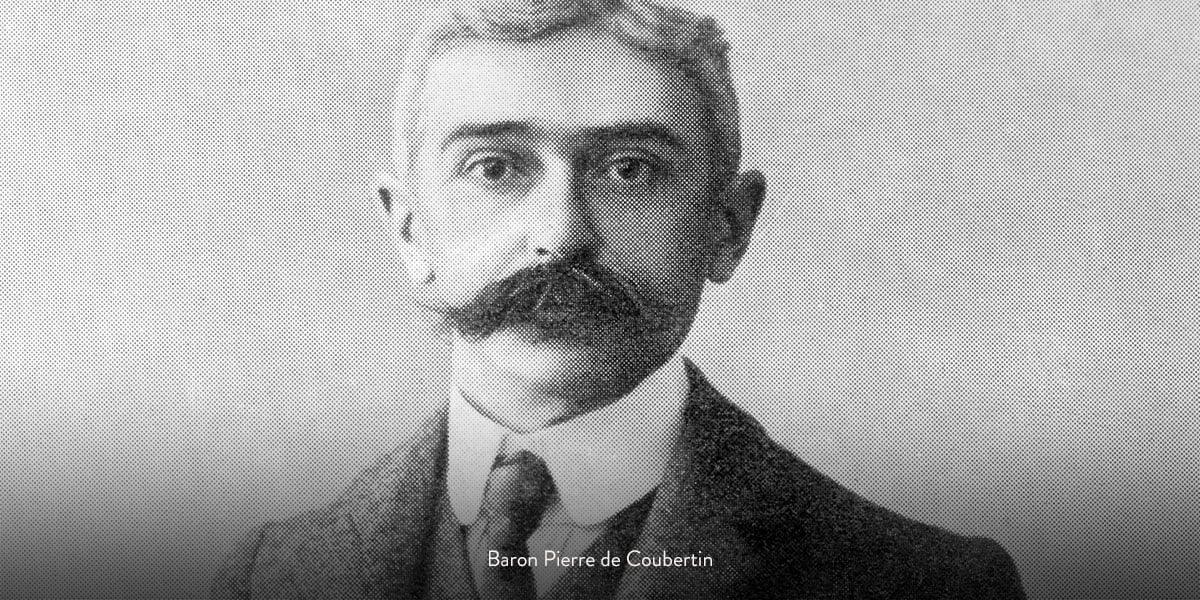
The Birth of Modern Olympics
During the late nineteenth century, there were several attempts to establish an international sporting event. Many sporting communities were already practising their own events, but a lack of coordination had repeatedly stubbed out any attempts at a wider competition.
During this period, Pierre de Coubertin, a young French aristocrat, set out to give French children what British students already had – sport in education. By the age of 25, he had become a leader of French education reform. Having organised the world’s first Congress on Physical Education in 1889, Coubertin was well established and had already begun to compile an international network of educators, politicians, aristocrats, commerce, culture and sporting officials.
In 1890, the young French aristocrat visited Much Wenlock and stayed with Dr Brookes at his lifelong home on Wilmore Street. The Society staged an edition of the Wenlock Games for the visit and Coubertin was taken by the idea that an international event might deliver glory to France. On 23 June 1894, just four years after the meeting between Brookes and Coubertin, 2,000 people rose in the grand amphitheatre of the Sorbonne University, Paris, in acclamation of Coubertin’s proposal to revive the Olympic Games internationally.
Attended by delegates from France, Great Britain, Greece, Belgium, Ireland, Italy, Russia, Spain, Sweden and the United States, the proposal concluded with the re-establishment of the Olympic Games and the creation of the International Olympic Committee (IOC), of which Coubertin was founder and served as its president from 1896 to 1925.
Brookes sadly died just four months before the first International Olympic Games in April 1896. The Wenlock Olympian Games are still held today and take place annually in July. Britain’s contributions towards the modern Olympics are a point of pride for Team GB and the British public. At the London 2012 Olympic Games, one of the two Team GB mascots was named Wenlock in honour of the Wenlock Olympian Games.
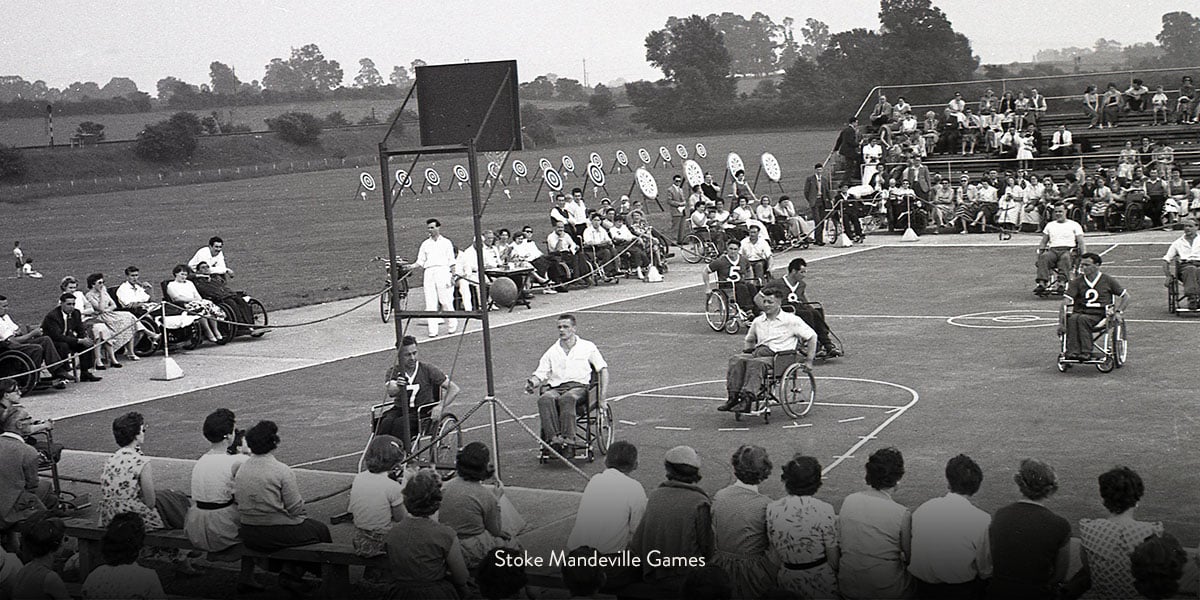
The Birth of the Paralympics
In terms of its inception, the Paralympics we know today can trace its history back to 1948 with its roots bedded in Stoke Mandeville Hospital and, more specifically, resident neurologist Dr. Ludwig Guttmann. The German-Jewish neurosurgeon had escaped Nazi Germany in 1939 and settled in the UK that same year. Following the Second World War, Guttman had been asked by the British government to establish a spinal injuries centre at the Buckinghamshire hospital, the purpose of which was primarily to support those injured during the conflict. The list of patients was predominantly made up of Royal Air Force pilots with spinal cord injuries.
Following the formation of the centre, Dr. Guttman sought a way to help his paraplegic patients rehabilitate faster, whilst also raising their spirits in the process. The solution was his own modified version of the Olympic Games, timed in harmony with the actual 1948 Summer Olympics taking place in London. The first structured competition for wheelchair athletes, 16 injured servicemen and women took part in archery and netball competitions, and with that, the Stoke Mandeville Games were born.
In 1952, the first International Stoke Mandeville Games took place, when a team of veterans from the Doorn Military Rehabilitation Centre in the Netherlands visited Stoke Mandeville to participate in the Games. Following this Dutch visit, the International Stoke Mandeville Games were held every year, growing to involve more and more countries from around the world. By 1960, the ninth instalment of the International Stoke Mandeville Games, 23 nations were part of the competition, with approximately 400 wheelchair athletes competing in eight different sports. The 1960 event that took place in Rome is considered to be the very first Paralympic Games.
Dr. Guttmann would receive an OBE in 1950 for his work at Stoke Mandeville, an honour that would be upgraded to CBE in 1960. In 1966, his appointment was promoted once more when he was knighted by Queen Elizabeth II in recognition of his contributions and Dr. Guttman is often credited with the title of ‘Father of the Paralympic Movement’ for his establishment of the Stoke Mandeville Games.
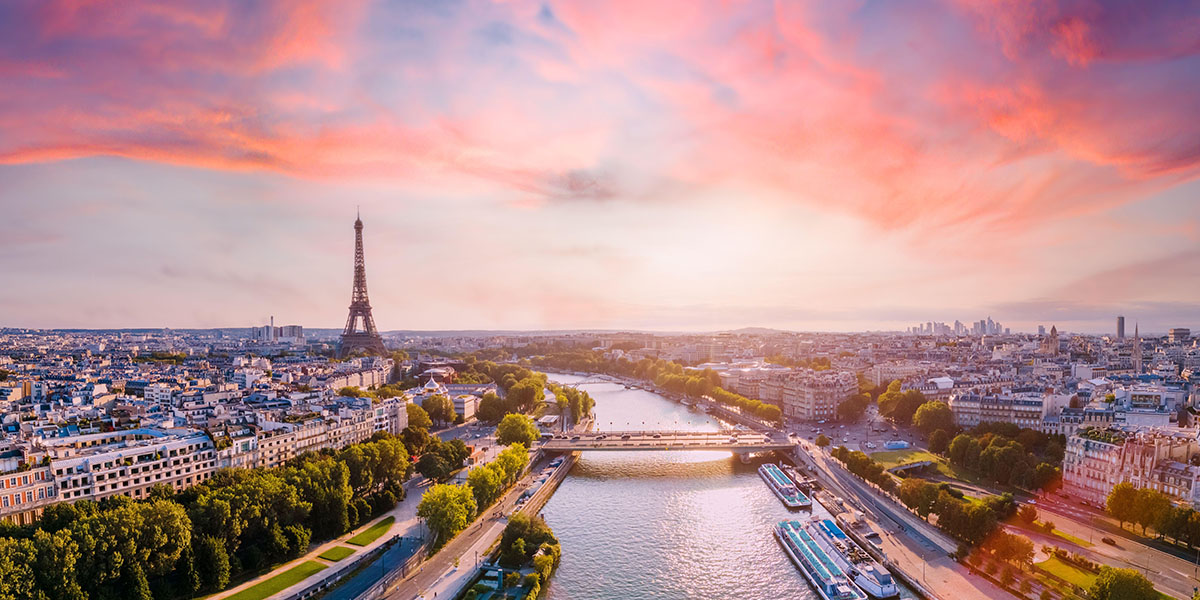
Paris 2024
Driven by the motto ‘Games wide open’, 2024 marks not only the third time that Paris will host the competition but also the first time France has hosted a Summer Paralympic Games.
Pledging to deliver an ambitious, spectacular and universal event that is more responsible, sustainable, united and inclusive, Paris 2024 will be the first Games to fully align with the Paris Agreement, the international treaty on climate change. Promising it will be the most sustainable Games to date, the organisers hope to provide a unique opportunity to create momentum for a new social project.
Most of the events are set to take place within the vicinity of Paris, with exceptions of the sailing in Marseille, surfing in Teahupo’o, French Polynesia, and football matches dispersed across various stadiums and towns throughout France.
At Paris 2024, both Team GB and ParalympicsGB will be looking to inspire the nation once more through sporting success on the world stage. At the Tokyo 2020 Olympic Games, Team GB garnered a total of 64 medals, including an impressive 22 gold medals. Notable athletes Bryony Page, a two-time medallist and reigning world trampolining champion, and skateboarder Sky Brown, the youngest Olympic medallist in Team GB’s history, are both poised to vie for their maiden Olympic gold this year.
The roster of returning athletes in 2024 promises a formidable display of talent and determination. Anticipated to make their mark once again on the Olympic stage, these include track stars Keely Hodgkinson and Dina Asher-Smith, triple Olympic champion gymnast Max Whitlock, BMX racing gold medallist Beth Shriever and gold medallist triathlete Alex Yee.
ParalympicsGB will also begin their quest for sporting immortality following their remarkable success at the Tokyo 2020 Games where they secured 41 gold medals and a total of 124 medals overall across a record-breaking 18 different sports. This year's event will spotlight promising talents such as para-table tennis virtuoso Will Bayley. Additionally, sprinter Thomas Young, who clinched the gold medal in the Men's T38 100m track event at the 2020 Paralympic Games, aims to replicate his success on the athletics track, whilst silver Paralympic medallist swimmer Ellie Challis sets her sights on glory in the pool once again.
This summer, para-cyclist Dame Sarah Storey, the most successful British Paralympian of all time with 28 medals in swimming and cycling across eight Games, aims to return for her incredible ninth appearance at the Paralympic Games. At her eighth Games, which took place in Tokyo, the cyclist made a resounding start on the opening day of the competition by securing ParalympicsGB's inaugural gold medal of the Games in the Women's Individual Pursuit C5. On 31 August, she clinched her second gold in the Women's Time Trial C5, followed by a triumphant third gold in the Women's Road Race C4-5, thereby solidifying her position atop the national all-time list with an astounding 17 gold medals.
After winning two road cycling world titles last summer in preparation for Paris 2024, Sarah Storey will be aiming to both break her own record and continue holding the title of the most successful British Paralympian of all time.
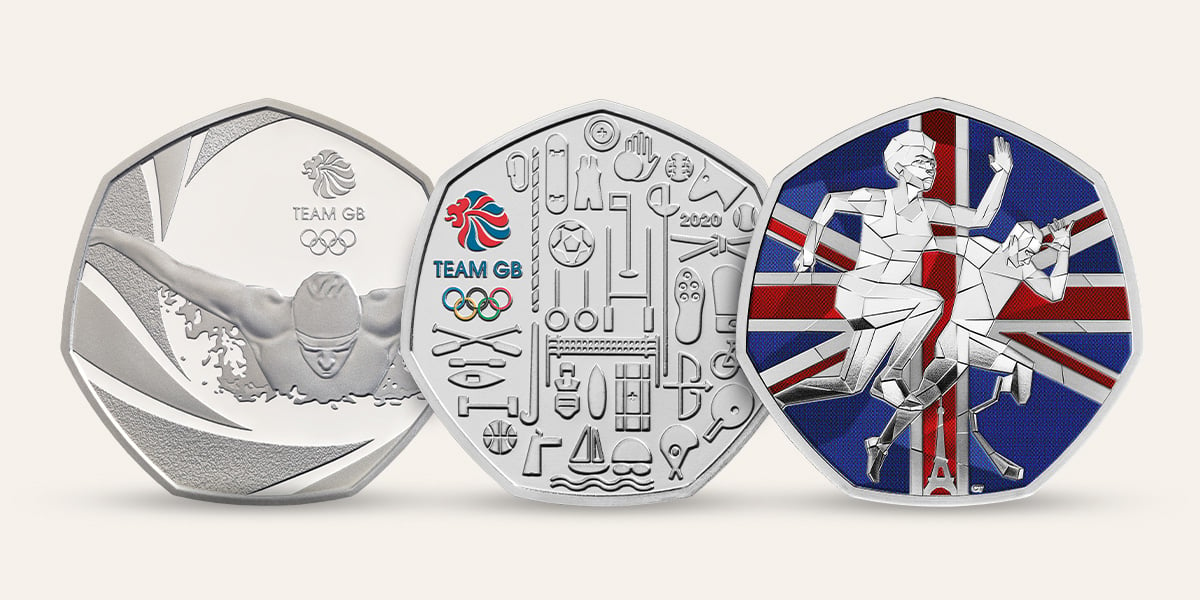
Our Relationship with Team GB
Since 2012, we have produced coins commemorating Team GB’s participation in the Olympic Games that have taken place in London, Rio and Tokyo respectively. This year, we have honoured both Team GB and ParalympicsGB on a coin commemorating their participation at Paris 2024. Created by visual designer Charis Tsevis, the reverse design includes mosaic artwork that fittingly features an athlete and para-athlete from both Team GB and ParalympicsGB side by side backed by the Union flag, symbolising their shared goal to pursue sporting glory. In reference to the host city, a silhouette of the Eiffel Tower appears at the base of the design.
Britain has a proud history as the birthplace of Paralympic sport, which began with the Stoke Mandeville Games in 1948. The Paralympics officially began in 1960 with the ninth instalment of the Stoke Mandeville Games and, much like its Olympic counterpart, has grown to become one of the most significant sporting events in the world. The Paralympic Games are more than just a sporting event – they offer a unique opportunity to shine a spotlight on sport and disability, inspire individuals, bring about social change, and promote inclusive professional and sports opportunities for disabled people. Therefore, for every Team GB and ParalympicsGB 2024 UK Coin sold, a percentage of the price will be donated to the British Paralympic Association.
Discover more about TEAM GB AND PARALYMPICSGB
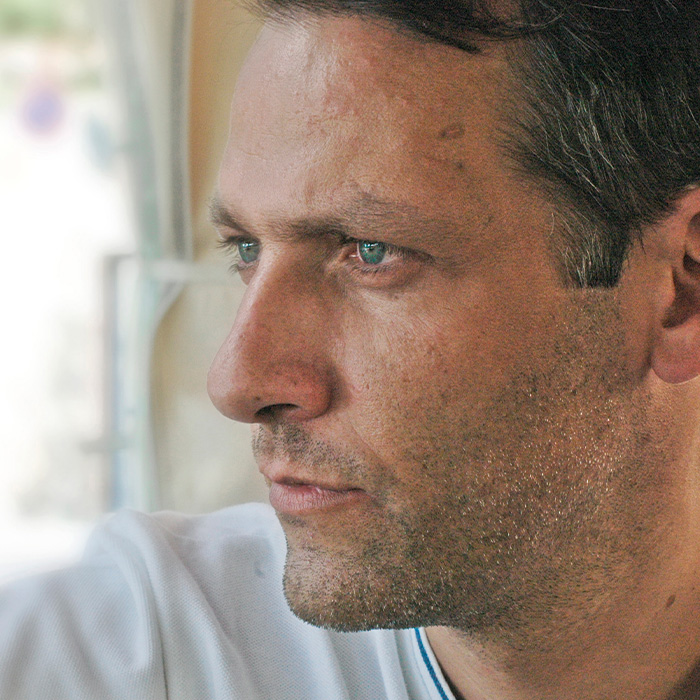
BEHIND THE DESIGN
Meet the Maker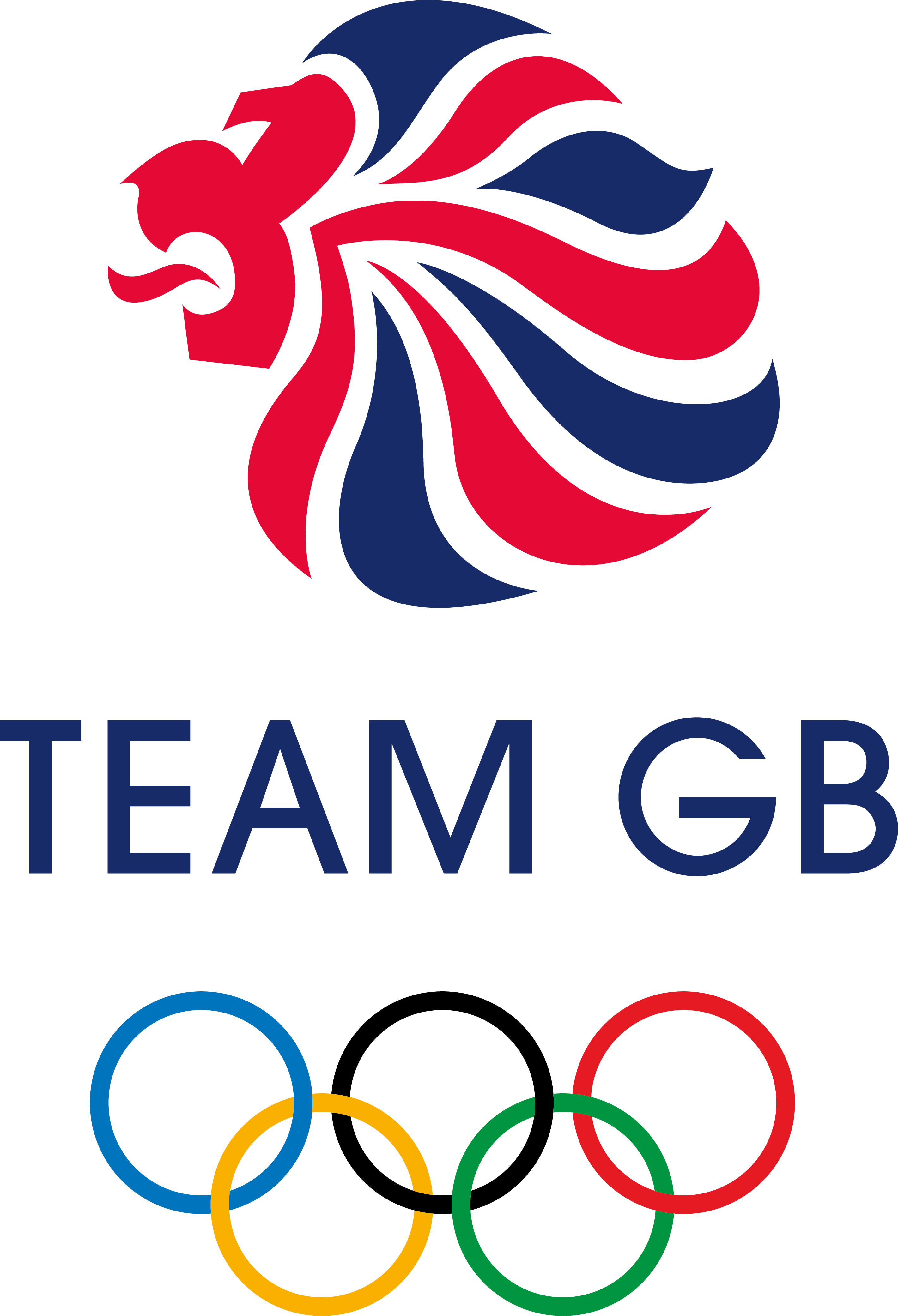
The Team GB lion’s head logo and Team GB word mark are registered trade marks of the British Olympic Association © 2024.
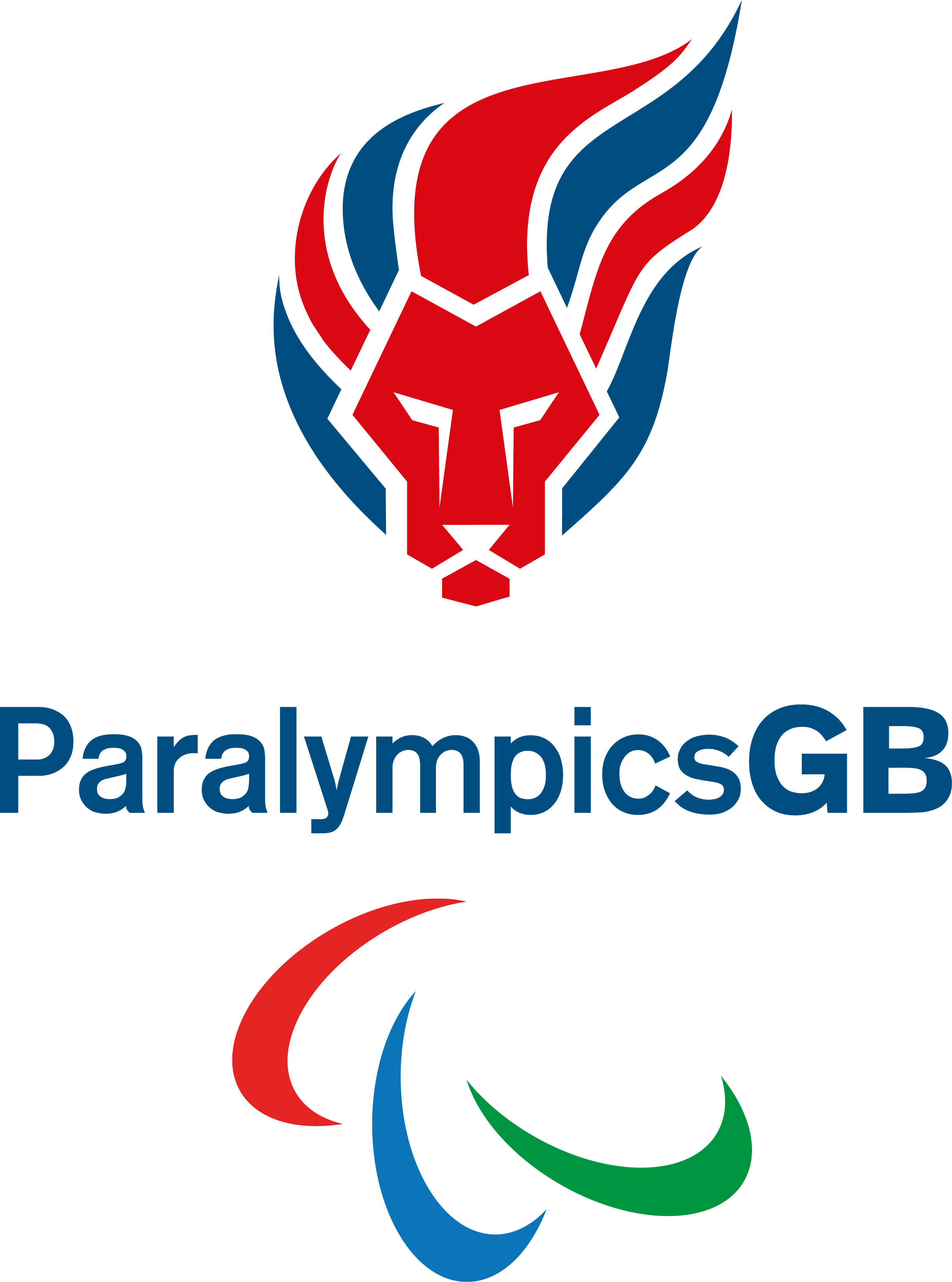
The ParalympicsGB lion’s head logo is a registered trade mark © British Paralympic Association.
The Royal Mint Limited will contribute between 1.5% and 5% of the net sales price of this product (dependent on the specific product) to British Paralympic Enterprises Limited (an affiliate of the British Paralympic Association, registered charity 802385 England/Wales).
